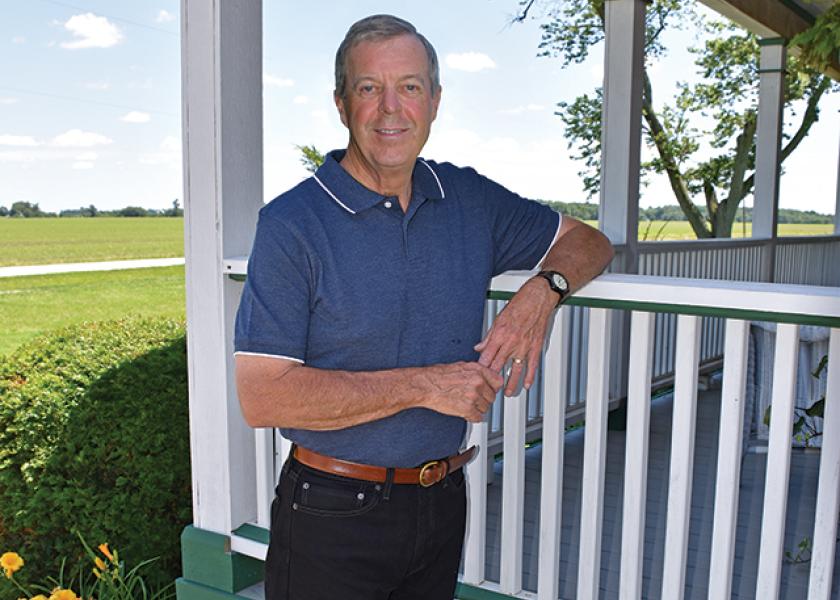John Phipps: The Avoidance Alternative

The pandemic is now old enough to talk, and it’s telling us things about our actions and choices that suggest an unfamiliar future. While centered on our pandemic response, it has shifted into a debate over general risk perception.
Additional interpersonal friction has been piled onto political friction. When social circles were roiled during the Trump administration, the same acrimonious debate barely paused for breath after the election before continuing to corrode connections during COVID-19.
The right-wing-uncle-at-Thanksgiving stories morphed into freedom-hating-mask-wimp stories.
BYPASS PEOPLE
Enter the avoidance alternative. The initial surge of COVID-19 provoked individual responses that not only made casual contact tricky but dangerous. We made judgments rooted in personal experience, degree of concern for others and our interpretation of probabilities.
For some, the easiest option was simply to bypass these calculations by bypassing people. Just cross the street. Better yet, avoiding infection was a less confrontational motive than political antipathy. Side-stepping both unpleasant topics was a win-win for some.
Now, add an abundance of contact-free commerce — from routine Amazon deliveries, online machinery auctions, YouTube how-to videos and take-out food. We found we could not only survive less contact with others but come to appreciate it. If you can’t get along, get away. After all, it’s not like we need threshing circles to get the crop in.
DETOUR --> RUT
This could be a detour that becomes a rut. Avoidance has psychological and social costs, but also benefits we have long discounted.
Like sodbusters who got antsy when the smoke from a new cabin appeared, avoidance can become a lifestyle. In the process, already disintegrating rural communities dissolve into like-minded groups and individuals, an ominous development in already depopulating regions.
Wisdom and skills common in some groups become rarer in the other groups. Echo chambers of opinion pool our ignorance. Rural/urban variances widen. Avoidance will exacerbate trends like declining marriage and fertility rates, loneliness, depression and cooperation roadblocks.
History offers a suggestion. Greater courtesy in speech and action were not meaningless affectations, they were solutions to uncertain encounters. Each side adhered to behavioral boundaries. These are thoughtful expectations we would be wise to reinvent.
Watch John's weekly commentary on U.S. Farm Report.
John Phipps, a farmer from Chrisman, Ill., is the on-farm “U.S. Farm Report” commentator.







